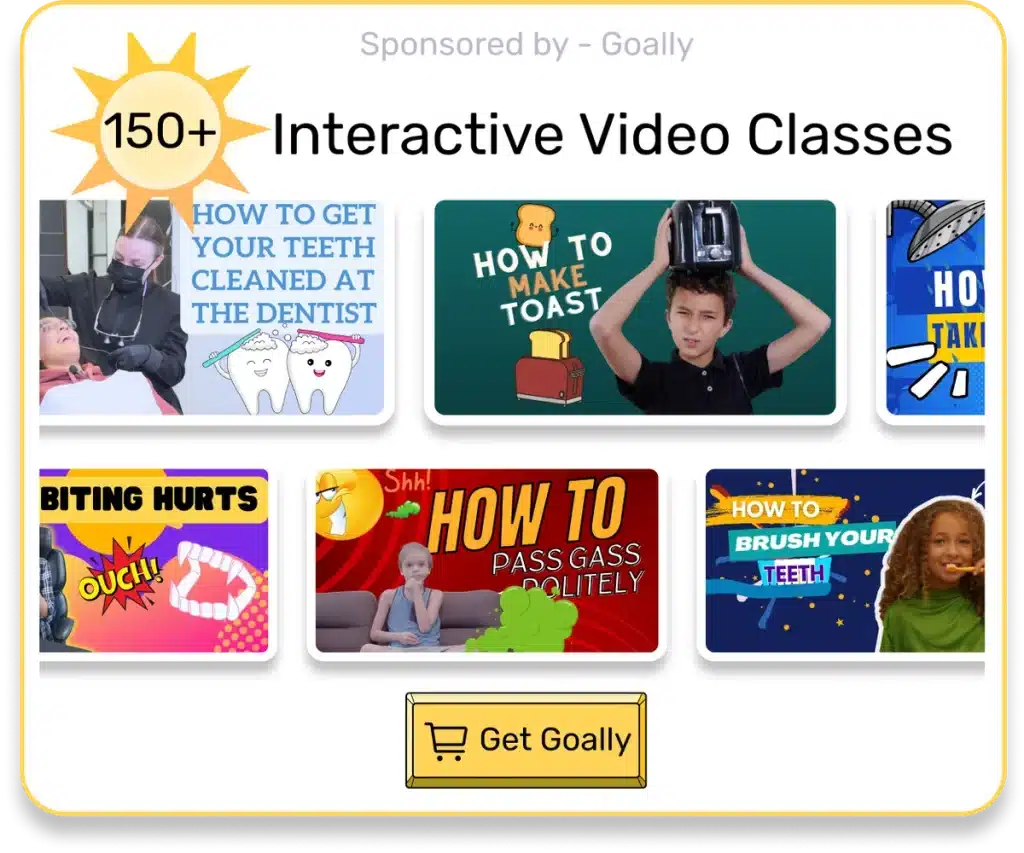As a parent, navigating the world of learning and attention disorders can feel overwhelming. But don’t worry, we’ve got your back! In this blog post, we’ll break down different types of learning and attention disorders, share practical strategies to support your neurodivergent kids and provide valuable resources to help them thrive. So, let’s dive into our list of key insights and get ready to empower your child!
Table of Contents
1. Understanding Learning and Attention Disorders
First and foremost, it’s crucial to recognize that learning and attention disorders come in various forms, affecting a child’s ability to process information, maintain focus, and communicate effectively. Some common examples include:
- Dyslexia: difficulty with reading and language processing
- ADHD: challenges with focus, impulsivity, and hyperactivity
- Nonverbal Learning Disorder: trouble with visual-spatial skills and social cues
By understanding the specific challenges your child faces, you can better tailor your support and interventions. For instance, a child with dyslexia may benefit from specialized reading programs, while a child with ADHD might need help with organization and time management. With Goally, you can customize routines and tasks to suit your child’s unique needs, making it easier for them to succeed.
2. Strategies for Improving Learning Comprehension
When it comes to learning comprehension disorders, targeted strategies can make a world of difference. Here are some tips to help your child succeed:
- Break tasks into smaller steps: This can make complex tasks more manageable and less overwhelming.
- Use visual aids: Visuals can help kids with thinking and learning differences grasp abstract concepts more easily.
- Encourage active learning: Engage your child in hands-on activities and discussions to reinforce learning.

Read more: How to Improve Reading Comprehension
Remember, patience and consistency are key when implementing these strategies. Goally’s learning tablet can help you stay organized and consistent, providing a structured and engaging environment for your child to learn and grow.
3. Supporting Kids with Attention Disorders
For kids struggling with attention disorders like ADHD, creating a structured and predictable environment can be beneficial. Consider these tips:
- Establish routines: Consistent daily routines can help your child feel more secure and focused.
- Minimize distractions: Create a designated, clutter-free workspace for your child to complete tasks.
- Use timers: Timers can help your child stay on track and manage their time more effectively.
Moreover, don’t forget to celebrate your child’s successes and progress, no matter how small. With Goally, you can set up rewards and incentives to motivate your child and reinforce positive behaviors.
4. Seeking Professional Help
While parental support is crucial, sometimes professional help is necessary to address learning and attention disorders. Consider consulting:
- Educational psychologists: They can assess your child’s needs and recommend appropriate interventions.
- Occupational therapists: They can help your child develop essential skills for daily living and learning.
- Speech and language therapists: They can assist with communication challenges and language processing difficulties.

Read more: Child Behavior Disorders Quiz
Don’t hesitate to reach out to these professionals for guidance and support. They can work in tandem with tools like Goally to ensure your child receives the comprehensive support they need.
5. Connecting with Other Parents and Resources
Lastly, remember that you’re not alone in this journey. Connecting with parents of neurodivergent kids can provide valuable insights, encouragement, and resources. Look for local support groups, online forums, and social media communities where you can share experiences and learn from others.
| Organization | Resources Offered |
|---|---|
| National Center for Learning Disabilities | Information, advocacy, and support for families navigating learning and attention disorders |
| CHADD (Children and Adults with Attention-Deficit/Hyperactivity Disorder) | Education, advocacy, and support for individuals with ADHD and their families |
By tapping into these resources and connecting with others, you can build a strong support network for both you and your child.
Goally | Apps To Support Child Development
Looking for fun ways to help your child learn life skills? Try Goally! The Goally tablet comes with award-winning learning apps and video classes to help kids develop the skills they need to become independent with FUN & evidence-based practices.

Our apps teach executive function, language, emotional regulation, finger dexterity skills, and more.
As your child develops new skills, you can increase the difficulty level of the tasks in the app to challenge and motivate them even further. This helps your child grow and progress at their own pace, while also keeping them engaged and excited about their development.

Empowering Your Child
Supporting a child with learning and attention disorders can be challenging, but with the right strategies, resources, and professional help, your child can thrive. By understanding their specific challenges, implementing targeted strategies, seeking professional help, and connecting with other parents, you can make a positive impact on your child’s learning journey. Remember, every child is unique, and their path to success may look different. Stay patient, consistent, and celebrate their progress along the way. Together, you and your neurodivergent child can overcome obstacles and achieve great things.
This post was originally published on 05/25/2023. It was updated on 11/22/2023.

Goally
We help parents teach their kids life skills, like doing bedtime and morning independently. Backed by science, we incorporate evidence-based practices and expert-informed designs in all of our apps and content.






